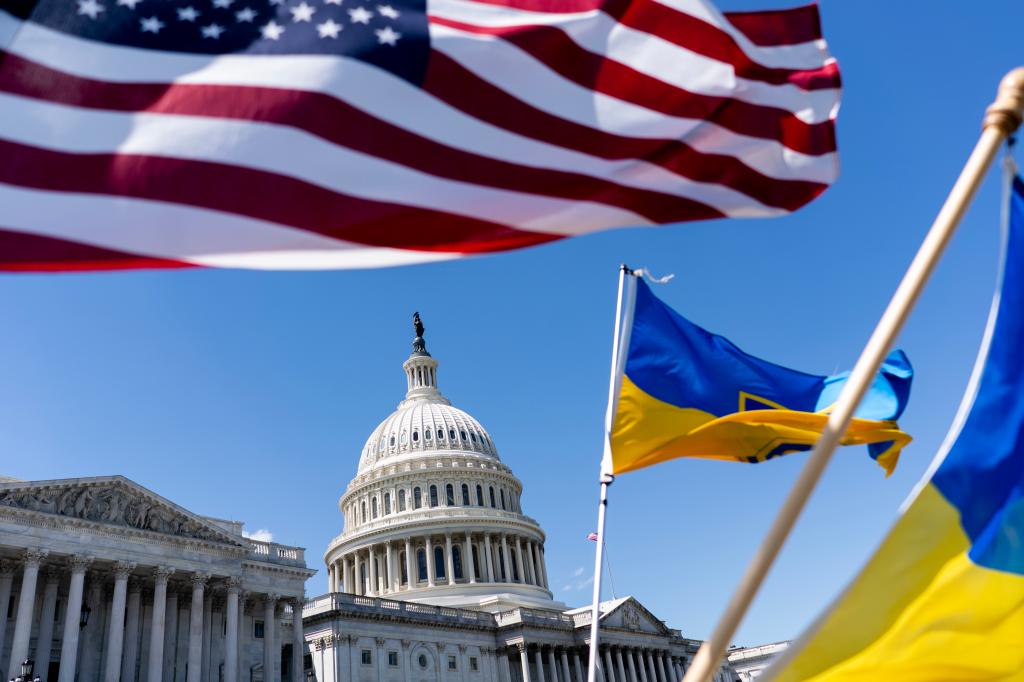Conservative commentators are criticizing lawmakers, particularly Republicans, for labeling aid to US allies as part of a “warmonger wishlist.” They argue that sending arms to allies such as Taiwan is necessary to win ongoing wars and deter future aggression. The Taiwanese are urging the US not to abandon Ukraine as a signal of continued American resolve in the face of potential Chinese aggression. Critics assert that those claiming to be tough on China need to take tangible actions to back up their rhetoric.
Some conservative voices are calling for a return to stricter school discipline, citing recent incidents where teenage boys created deepfake nude images of their female classmates. They argue that the current focus on equity and restorative justice in school disciplinary actions has created permissive environments where students believe there are no consequences for their actions. Advocates for more traditional discipline policies believe that real consequences are necessary to prevent disruptive and criminal behavior among students.
The Wall Street Journal’s editorial board criticizes Republicans who voted against military aid to allies in Europe, the Middle East, and the Pacific, warning that this isolationist stance is dangerous for the GOP and the country. The refusal to support allies threatened by authoritarian regimes mirrors the isolationist tendencies of some Republicans in the 1930s, who underestimated the threat posed by Hitler and Tojo. The editorial board argues that history shows that isolating the US from global conflicts ultimately leads to American involvement in wars.
Libertarian commentators are questioning Manhattan District Attorney Alvin Bragg’s case against former President Donald Trump. They point out a discrepancy between the charges against Trump, which involve falsification of business records, and the underlying allegation of hiding negative information from voters. Critics argue that the timeline of events does not support the claim that Trump’s actions were aimed at concealing damaging information from voters in the 2016 election. This disconnect raises doubts about the legitimacy of the case.
Commentary’s Seth Mandel discusses the rise of a pro-Hamas protest movement that promotes a philosophy of blood-and-soil nationalism, reminiscent of the chants heard at the 2017 white-nationalist rally in Charlottesville. The slogan “From the river to the sea, Palestine is Arab” is seen as advocating for ethnic cleansing of Jews, particularly in a one-state solution. Mandel suggests that this violent ideology is being fueled by a culture cultivated on college campuses over several decades, where students with extreme beliefs are rewarded academically.
In conclusion, conservative commentators are critical of isolationist tendencies among some Republicans, advocating for continued support for US allies facing threats from authoritarian regimes. There are also calls for stricter school discipline policies in response to recent incidents of student misconduct. Libertarian voices question the validity of the case against Donald Trump by Manhattan DA Alvin Bragg, while commentators highlight the rise of a pro-Hamas protest movement with concerning nationalist ideologies. These perspectives reflect ongoing debates about foreign policy, education, legal matters, and social movements in the US.


